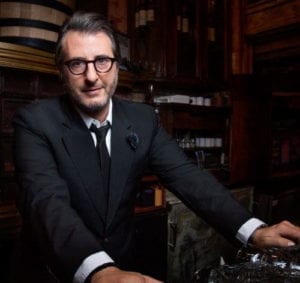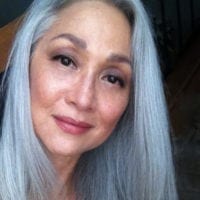Posted March 10, 2019
 In a 2013 interview with Jeffrey Brown, host of “Art Beat” on PBS, playwright Jon Robin Baitz shares that the idea for Other Desert Cities came from his trying to either exuviate or make sense of his life as a writer up to that point, taking stock of the potential damage he’d been a party to or may have done as a writer.
In a 2013 interview with Jeffrey Brown, host of “Art Beat” on PBS, playwright Jon Robin Baitz shares that the idea for Other Desert Cities came from his trying to either exuviate or make sense of his life as a writer up to that point, taking stock of the potential damage he’d been a party to or may have done as a writer.
He goes on to say that he was wondering about the hubris—the act of writing about people who are living beings—that so many do this and so few get to respond to it. And while there are many great memoirs, there are also many that are absolutely unreliable in a fundamental sense, and that he was having a low-level crisis of consciousness.
I think it’s that level of self-examination and transparency that yields a play, from Baitz’s pen, with such flawed, beautiful and intriguing characters. Each of them searching for their place with each other, themselves and the worlds they choose to inhabit and attempt to reconcile, much as I imagine Baitz was doing himself.
There is no love greater than family and hence no wounds that cut deeper. Put in the shaker great secrets, addiction, depression, and parents and children with divergent political views and you have a martini that easily becomes a Molotov cocktail.
Baitz reveals that one of the reasons the play is called Other Desert Cities, is because he’s also thinking about the war in Iraq, as he has a character in the play state, “… a war going on a thousand miles away in another desert.” Baitz states that his interest is in complacency and how the concerns of the party in control at that time, seemed to be more about economic power than true political concerns.
It’s these themes about politics, family, morality, and conscience, that we get to examine through the eyes and struggles of Brooke Wyeth and her family—themes that are unfortunately all too relevant in our present-day lives. Will the Wyeth’s reconcile and come to terms, or have they cut too deep?
